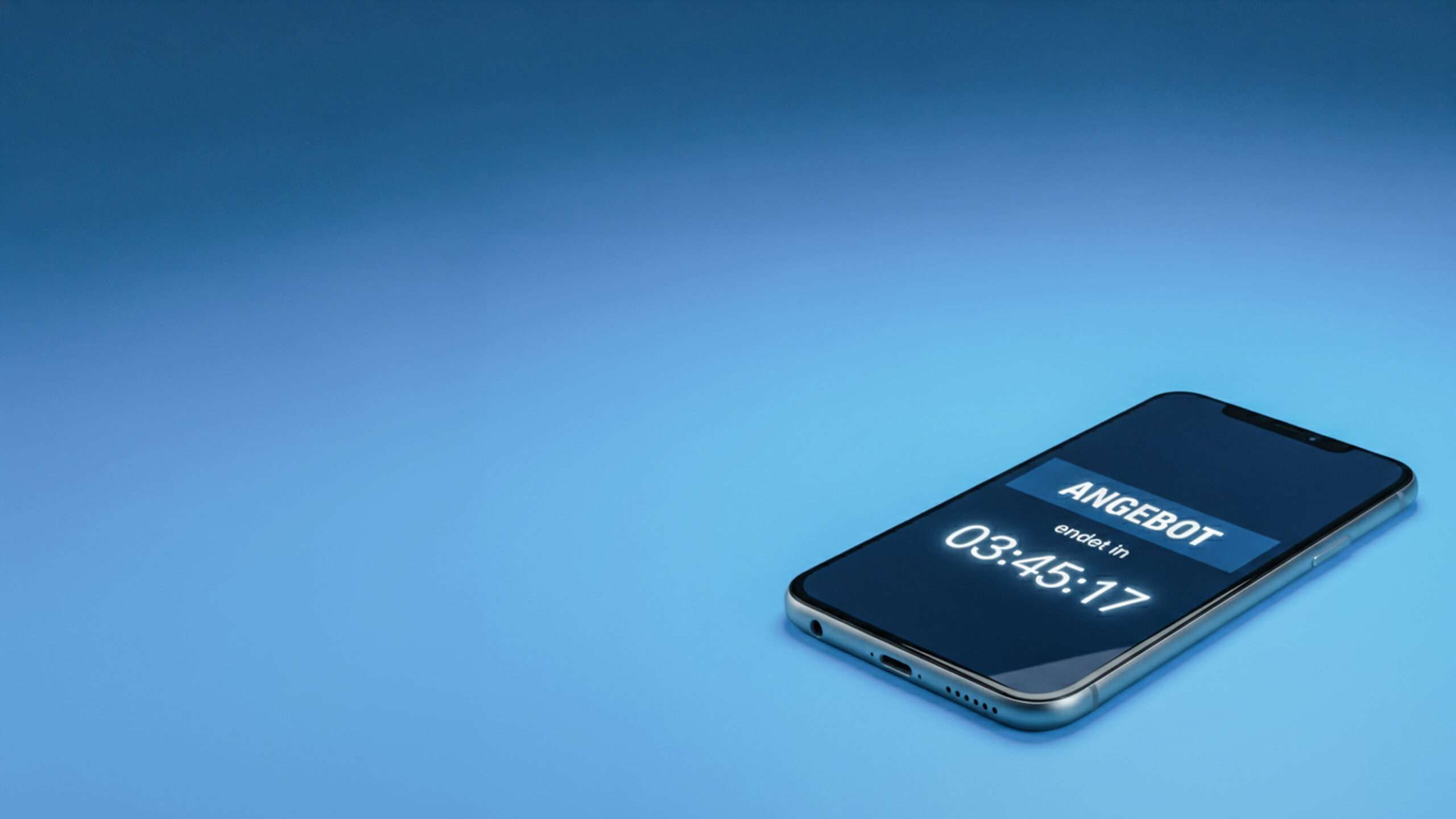
Masterclass
for coach in
Distance learning.
Masterclass
for coach in
Distance learning.
from
So-called master classes and coaches are now available for almost all areas of life. A decision by the Hamburg Regional Court now shows when customers can successfully avoid payment from the coaching contract.
Coaching
A coaching company offered various coaching and training courses online, through which participants could make horrendous profits in the area of “print on demand”. The coaching company does not have a legal license under the Distance Learning Protection Act (FernUSG).
In March 2022, a prospective customer registered online for a non-binding consultation on the topic of “Successful online stores”. The interested party received a call from the coach on the same day. In a lengthy phone call, the coach explained the content of the coaching to the potential customer and suggested that he book a six-month coaching session. In this coaching, the potential customer was to learn how to set up a successful e-commerce business selling T-shirts in a “one-to-one” mentoring session.
During the phone call, both agreed on the conclusion of the contract at a price of 6,366.50 euros. In addition, the coaching company sent the following message to the customer during the phone call:
“Would you like to buy the Masterclass consciously as an entrepreneur to build up your online store and business alongside your salaried job?”
He replied with “yes”.
As a result, a contract was concluded and the customer received an invoice with an installment plan. The main contractual content of the six-month program consisted of access to a video course area with 235 training videos with around 40 hours of video material. There is also the offer of three weekly Zoom meetings of 2 hours each with the coach. However, no Zoom meeting actually took place.
Instead, the customer revoked the contract with the coaching company at the beginning of April.
The coaching company rejected this revocation. The offer did not require approval under the FernUSG. In addition, the customer was not a consumer and the coaching portion of 144 hours (offered) outweighed the 40 hours of video material. After the customer continued not to pay, the coaching company sued for payment.
LG Hamburg gives masterclass for coach in distance learning protection law
The LG Hamburg dismissed the action of the coaching company (Judgment of 19.07.2023 – Ref. 304 O 277/22 ).
The Masterclass offered is distance learning within the meaning of the FernUSG.
Distance learning within the meaning of this Act is the teaching of knowledge and skills for a fee on a contractual basis, in which the teacher and the learner are exclusively or predominantly physically separated and the teacher or his representative monitors the learning success.
According to the Hanseatic judges, these requirements were met in the present case. The entire “course concept” of the coaching company provided for the teacher and learner to be physically separated, as the coaching was to take place exclusively online – by means of video coaching and learning videos.
There is also a learning success check in the contract. Only low requirements are to be placed on this. It is sufficient for participants to be able to ask questions as part of the information events organized by the provider or accompanying teaching events, for example, and determine their learning progress based on the answers in order to affirm a learning success check. The Zoom calls with the coach in person were intended for the learning success check.
Consumer status is not relevant, as the applicability of the FernUSG does not depend on the customer being a consumer.
Since the coaching company does not have the required license, the contract is null and void and there are no payment claims.
Conclusion
Coaches who offer their services online must carefully check whether they require a license in accordance with the FernUSG. Without a license, the customer could otherwise refuse payment, even after the coaching has been carried out.
In addition, offering coaching sessions and masterclasses without a license is also likely to be a breach of competition law that could lead to cease and desist letters.
Conclusion
Coaches who offer their services online must carefully check whether they require a license in accordance with the FernUSG. Without a license, the customer could otherwise refuse payment, even after the coaching has been carried out.
In addition, offering coaching sessions and masterclasses without a license is also likely to be a breach of competition law that could lead to cease and desist letters.
We are happy to
advise you about
this topic!







